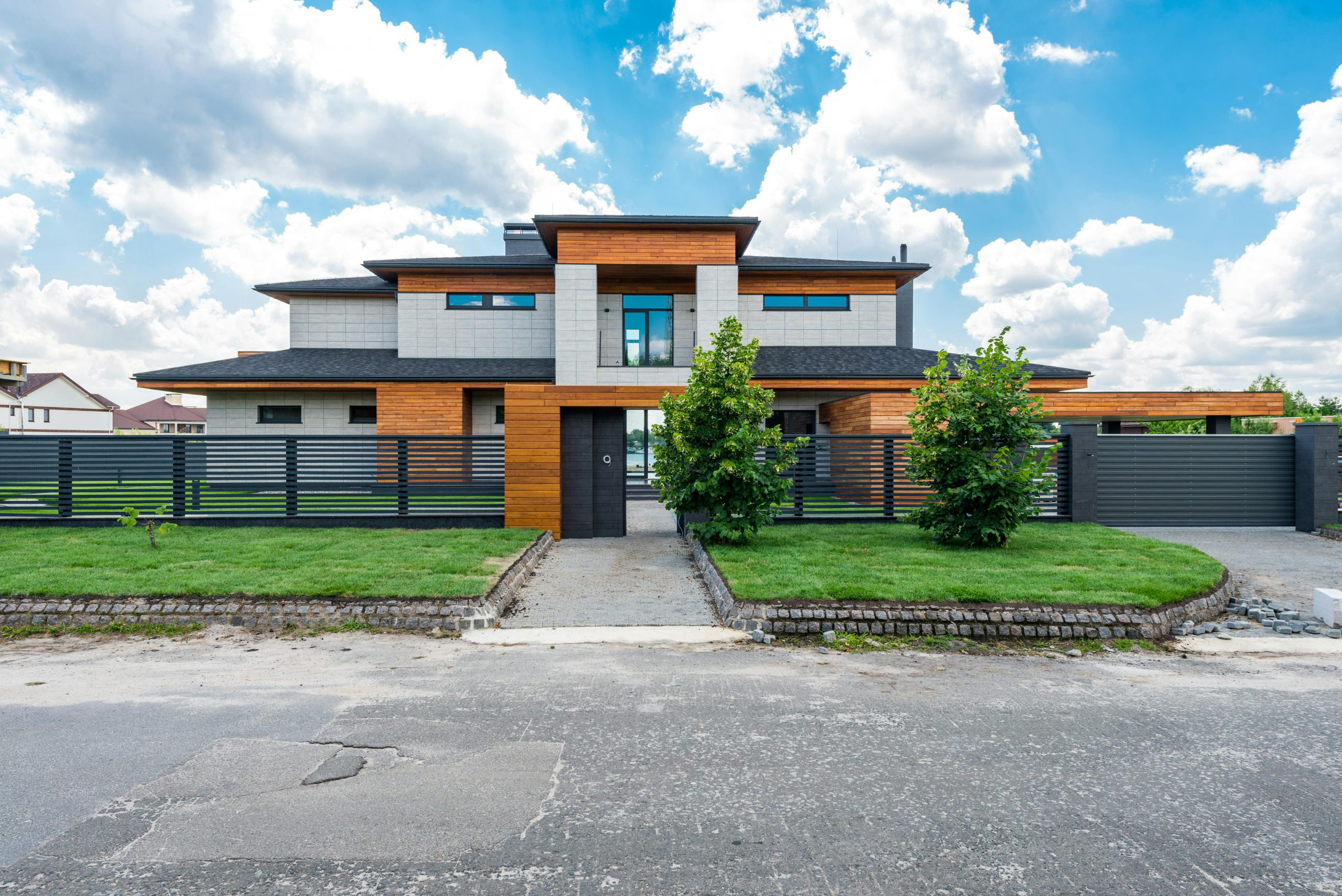Generational Shifts Transforming Real Estate Landscapes
The real estate industry is constantly evolving and adapting to new trends, technologies, and the needs of different generations. With the rise of millennials entering the housing market and baby boomers aging, generational shifts have a significant impact on the real estate landscape. These changes are transforming the way we buy, sell, and invest in properties, making it essential for both real estate professionals and consumers to understand and adapt to these shifts.
The Rise of Millennials in the Housing Market
As the largest generation in history, millennials are undoubtedly impacting the real estate industry. This tech-savvy and highly educated group now make up the majority of first-time home buyers. However, unlike previous generations, millennials are not as eager to jump into homeownership, and their preferences and priorities when it comes to buying a home differ significantly from their predecessors.
1. Technology-Driven Homebuying Process
Millennials have grown up in a digital age, and technology plays a crucial role in their decision-making process when it comes to purchasing a home. With the rise of virtual tours, online listings, and mobile apps, this generation values convenience and efficiency in their home search. They also rely heavily on online reviews and social media for recommendations and to gather information about potential homes and neighborhoods.
2. Location is Key
Unlike previous generations who were willing to commute long distances for affordable housing, millennials prioritize location over size and price. They tend to prefer urban areas with access to public transportation, walkability, and proximity to restaurants, retail, and entertainment. As a result, we are seeing a shift towards urban developments and smaller, more affordable homes in desirable locations.
The Impact of Aging Baby Boomers
While millennials are shaping the housing market, baby boomers are also significantly influencing the real estate landscape. With this generation reaching retirement age, their housing needs and preferences are undergoing a significant transformation.
1. Aging in Place
As they enter retirement, many baby boomers are choosing to “age in place” rather than downsizing to smaller homes or moving to retirement communities. They are looking for homes that are more accessible and have features such as single-level living, wider doorways, and grab bars in the bathroom. This trend is leading to renovations and new home designs that cater to the needs of aging baby boomers.
2. Boomerang Buyers
Another trend driven by baby boomers is the rise of “boomerang buyers.” This refers to those who previously sold their homes to downsize or move to a retirement community but are now returning to the housing market due to changing circumstances. This could be due to factors such as health issues, wanting to be closer to family, or the desire for a more active lifestyle.
Changing Demands for Investment Properties
The generational shifts in the real estate market are not only affecting homebuyers but also investors. With changing preferences and needs, the demand for investment properties is also evolving.
1. Short-Term Rentals
Millennials are also driving the demand for investment properties, particularly short-term rentals. With the rise of platforms like Airbnb and VRBO, the short-term rental market has become a lucrative option for investors. This trend is also fueled by the preferences of millennial travelers who prioritize unique and authentic experiences over traditional hotels.
2. Assisted Living Facilities
As baby boomers age, there is a growing demand for assisted living facilities. This has led to an increase in investments in multi-family properties and senior housing. With the aging population, this trend is expected to continue to grow, making it an attractive investment opportunity for real estate professionals.
The Bottom Line
Generational shifts are transforming the real estate landscape, and it’s crucial for both professionals and consumers to understand these changes. From the rise of millennials shaping the homebuying process to aging baby boomers impacting the demand for certain types of properties, these shifts are reshaping the industry in significant ways. As technology advances and demographics continue to change, the real estate market will undoubtedly continue to evolve.











